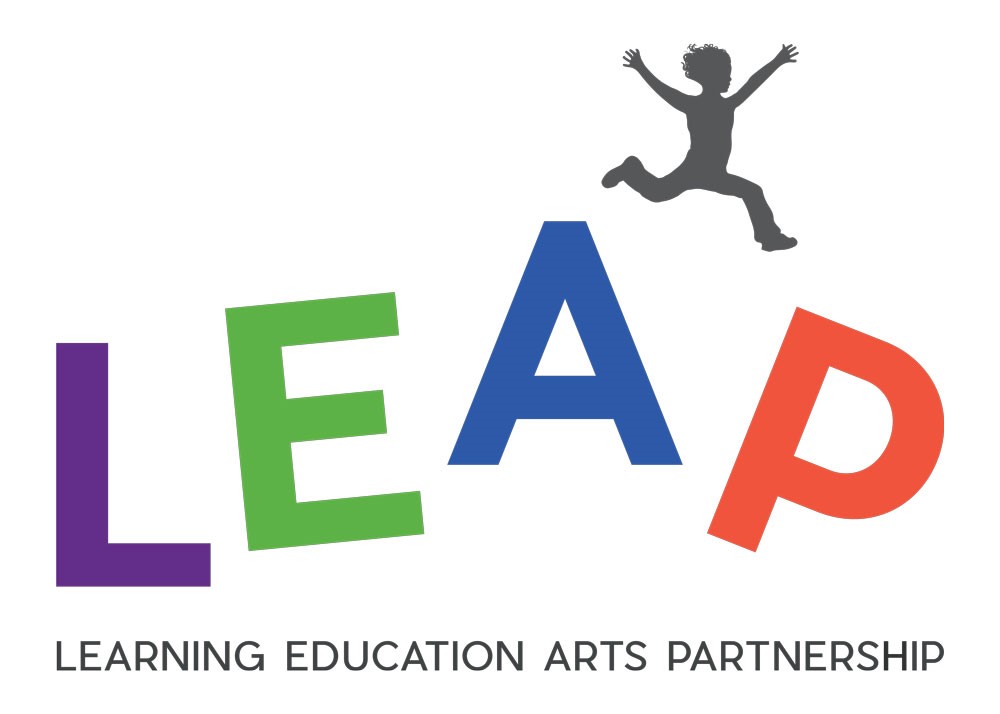Design Technology
A rigorous Design and Technology curriculum provides an incredibly important foundation in critical thinking and decision making. At LEAP, all projects are based in the context of solving real-world, age appropriate problems and meeting relevant design criteria. Children are encouraged to design, make and evaluate both their own work and existing products using their embedded technical knowledge that builds and develops as they progress through their journey at school. Children have opportunities to design, explore and create under the umbrellas of textiles, construction, mechanisms, electrical systems and finally cooking and nutrition. During these sessions they have the opportunity to attend lessons at the exceptional, newly opened Hackney School of Food based on the Mandeville site, supported by the incredible work done by Chefs in Schools.

This embeds their understanding of seasonal produce through gardening and cooking with what is grown onsite, as well as providing them with an opportunity to develop a broad range of technical cookery skills, so important for modern life and further builds on their understanding of food that begins in the school lunch hall with varied, healthy and deliciously seasonal school lunches.
National Curriculum
The National Curriculum provides a structure and skills progression and knowledge for the Design and Technology curriculum taught throughout the school, which is linked to each unit of work, reflecting a balanced programme of study.
National Curriculum (England) Science Programmes of Study (link)
Curriculum overview
The Design and Technology curriculum at LEAP draws on the scheme developed by the Design and Technology Association and is adapted to suit our schools. D&T is taught for 3 weeks per year, once a term. The curriculum covers the subject areas of textiles, construction, mechanisms and cooking and nutrition in EYFS and KS1, adding electrical systems to this offer in KS2.
In order to ensure the curriculum provides effective opportunities for skills development and progression, as well as embedding technical knowledge into each lesson, each project provides; investigative and evaluative activities (IEAs); focused tasks (FTs) and design, make and evaluate activities (DMEAs), supported by the DATA progression framework.

Within their classes, the children are asked to consider; the user – who the products are for; the purpose – what tasks the products will perform; the functionality – how the products will work; their design decisions – the opportunities children have to make choices; how to innovate – the scope children have to be original with their thinking, which is all embedded in the context of authenticity – how believable/real the products will be to the children
Cultural Capital

Once a year the learning is given over to STEM Week. This provides an incredible opportunity to create a sense of excitement around the subject through cross-curricular learning opportunities, reading about famous designers, exploiting links to maths, science and computing, learning about design processes and products in assemblies and inviting in any local designers or agencies to share knowledge with the children during focus sessions.
Rich, Relevant and Representative: The LEAP Empowerment Curriculum
As part of LEAP’s vision to ensure our curriculum is rich, relevant and representative, our DT curriculum introduces children to a range of designers, innovators and inventors from a variety of different ethnic backgrounds. We believe an important element of the children’s learning process is the understanding of where inspiration and design has come from and realising that other cultures, religions and ethnicities have contributed towards that. We also ensure that there is a fair representation of designers, innovators and inventors that the children can see themselves reflected in and can relate to, such as Garrett Morgan, the inventor of the traffic light. In addition, during their cooking and nutrition units, children will also be exposed to a range of flavours, herbs, spices and cooking techniques from all over the world to inspire them and introduce them to a wider range of international cuisines.

Fundamental British Values
The Fundamental British Values are intertwined through our DT curriculum. Children learn the importance of following Health and Safety Rules; learning that great ideas can come from other cultures; that everyone has a right to share their ideas and has a right to choose choices that are right for them. We aim to equip all of our children with essential skills in all of the areas of DT that will enable them a wider variety of choices when choosing future prospects.
Design and Technology at Home
One of the most exciting and rewarding things you can do at home with your children to support the D&T curriculum is to get creative in the kitchen! There are plenty of simple recipes that children will love to make, such as biscuits, savoury scones, salads and sandwiches. Give them an opportunity to talk about flavour, what they like and don’t like and why, experiment with different combinations and textures and encourage them to try new things! They say it takes six tastes of a food we think we don’t like to change our minds about it. Experimenting with your child in the kitchen will give them a chance to practice the cookery skills they learn at the School of Food and should put a smile on all of your faces.
Hackney School of Food
LEAP children have the ground-breaking resource of Hackney School of Food right on their doorstep. Find out more here: HSoF schools page




